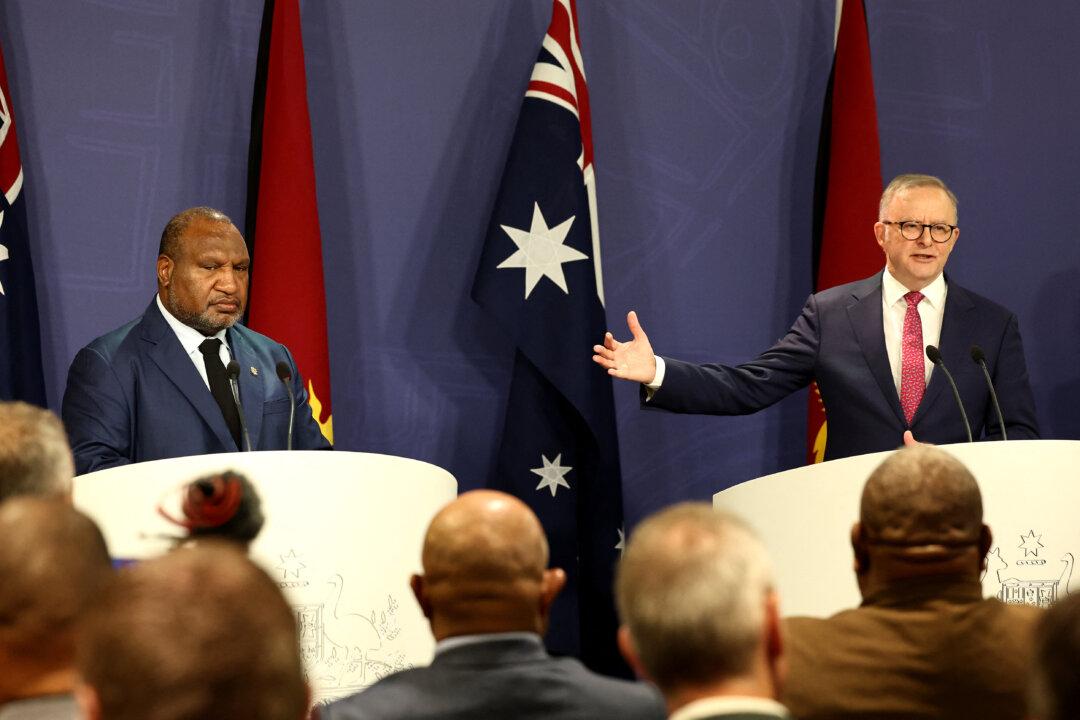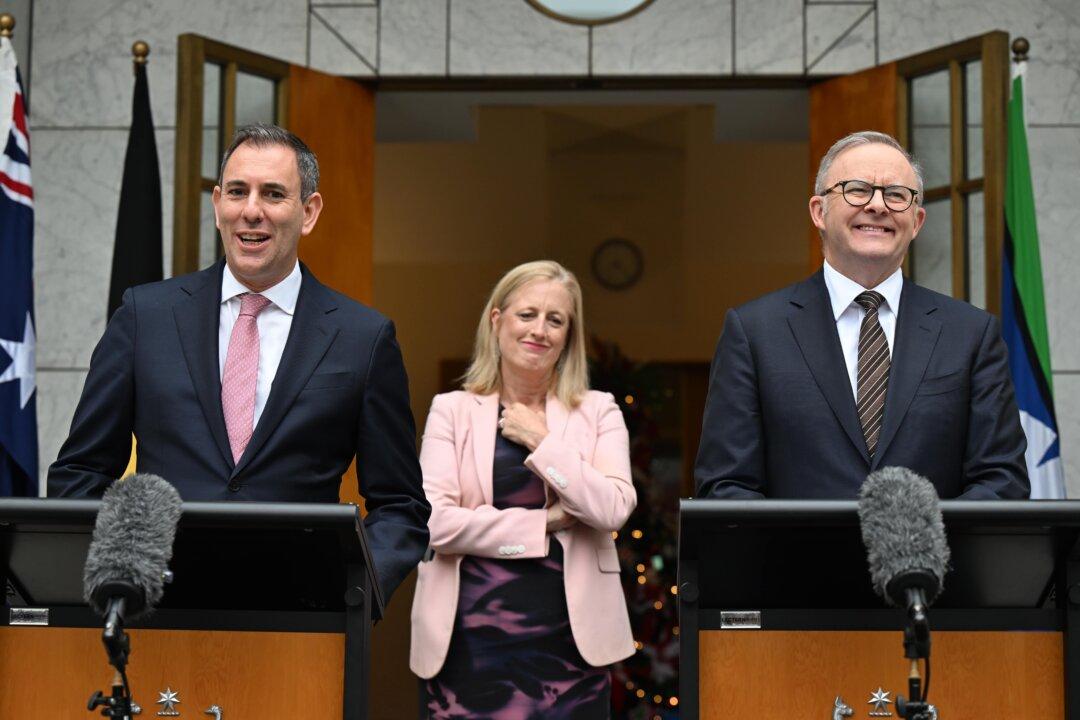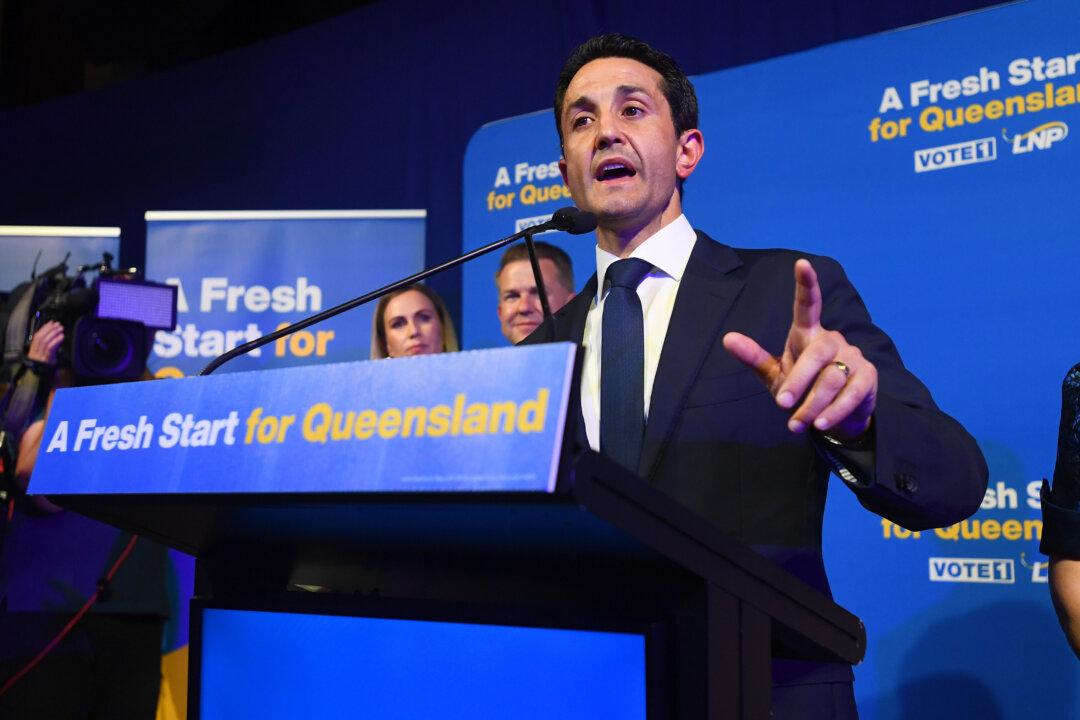A schism has been brewing in Australia’s medical fraternity on how to handle the pandemic best—spilling over into the political realm—with one group pushing for strong measures to smother any potential transmission of COVID-19, and the other calling for society to learn to “live with the virus.”
Dr. Nick Coatsworth, a former chief medical officer during Australia’s initial response to COVID-19, has been a leading voice in calling for a return to normalcy.
“Absent the perennial efforts of a small but vocal section of public health academia and a dwindling number of media personalities, our community is ready and can move to a phase of living with COVID-19 as an endemic virus,” he said.
Coatsworth warned the group would continue to push for “disease control above all else,” while trying to capitalise on the upcoming Australian federal election to influence public health policy.
“This will lead to inevitable calls for 2020-style policies in an attempt to damage the incumbent Coalition (government). It is critical that both major parties recognise that the challenges for 2022 and beyond are not related to COVID-19,” he said.
“Would OzSAGE please publish an urgent fact check and response to this opinion piece in The Sydney Morning Herald yesterday?” wrote Dr. Kerryn Phelps, president of the Australian Medical Association. “It is having an impact in the community.”
Stephen Robson, former president of the Royal Australian and New Zealand College of Obstetricians and Gynaecologists, said, “Agree with Kerryn 100 percent that a response is required.”
Richard Holden, an economics professor at the University of New South Wales, said he had an op-ed ready to go that he believed would tick “most of the boxes.”
The article, authored along with Steven Hamilton, a visiting fellow at the Tax and Transfer Policy Institute at the Australian National University, was critical of the federal government’s response to COVID-19.
Holden and Hamilton called the vaccination rollout—where there was not enough supply for a period of time—among the “greatest policy failures in Australian history.”
“Shame on us for imagining they’d learnt their lesson. (Prime Minister Scott) Morrison says he doesn’t want to look in the rear-view mirror, and we can see why.”
Another message chain saw Dr. Phelps warn against sending students back to class for Term 1 in 2022.
Late last year, most Australian governments began shifting their policy settings around handling COVID-19 towards “living with the virus”—instead of elimination— focusing on high vaccination rates, testing, and prepping the hospital system for serious cases.
The move has coincided with the onset of the Omicron variant, which has seen a dramatic spike in case numbers, while hospitalisation rates have grown at a steadier pace.





